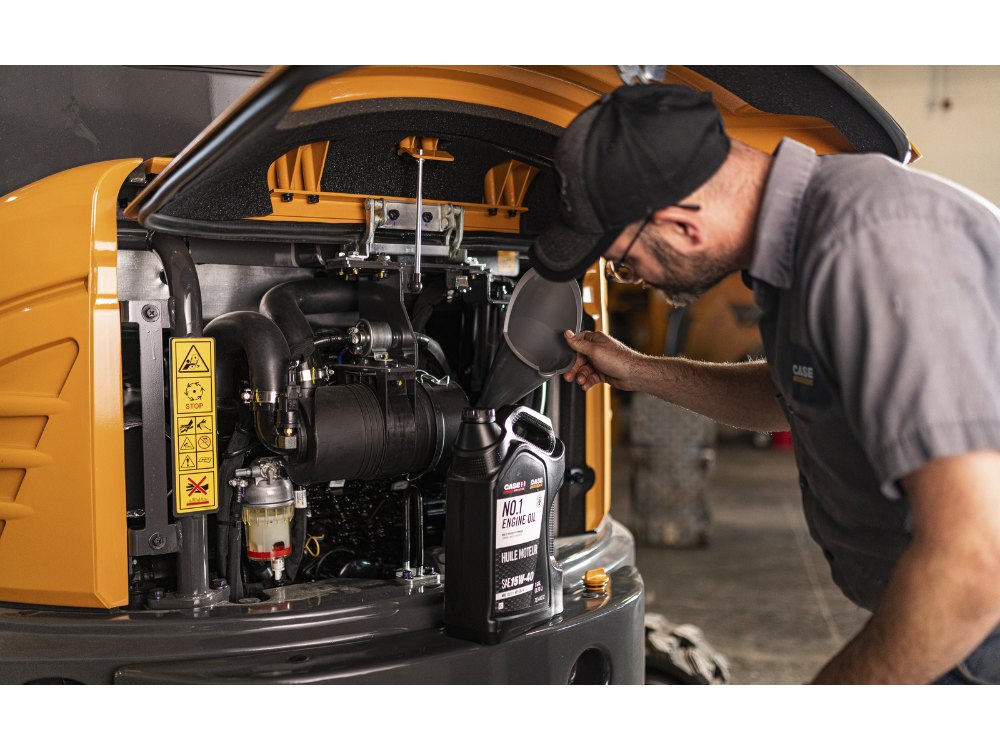Recommend Products
-
$30,000$32,000
-
$16,000$20,000
-
$15,000$18,500
-
$90,000$10,000
The selection of oil for the excavator engine is a key factor to ensure the normal operation and service life of the engine. Changing the oil has become one of the important aspects of daily maintenance of the excavator. Excavators and automobiles have different oil replacement intervals, and the use environment is different. The type of oil that needs to be replaced also needs to be chosen carefully.

Within the scope of the manufacturer's warranty, use the engine oil provided or recommended by the manufacturer as much as possible. However, some remote areas or countries have great limitations in oil selection. Therefore, users need to have a certain understanding of the excavator before choosing engine oil, especially for the environment. Temperature also has certain requirements for the selection of excavator oil. The most important thing is brand selection. Even the damage to excavators caused by some oils from unknown sources or even inferior oils is often irreversible. Therefore, daily maintenance should not be cheap. Below TD briefly introduces the standards used in excavator oil selection. For actual conditions, please consult the excavator manufacturer or dealer.
1. Understand the engine types and specifications of excavators
Excavators are usually equipped with diesel or gasoline engines. Different types of engines require corresponding specifications of engine oil. Diesel engines usually use high-viscosity oils, such as 15W-40 or 10W-30; while gasoline engines are more suitable for low-viscosity oils, such as 5W-30 or 0W-20.
2. Consider the work environment and climate conditions
Excavators operate in different working environments and climate conditions, so engine oil needs to be selected to suit these conditions. In low-temperature environments, choosing a low-viscosity grade oil (such as 0W or 5W series) can help ensure that the engine is well lubricated when starting. In high-temperature environments, choosing a high-viscosity grade engine oil (such as 40 series or 50 series) can better protect the engine from overheating damage.
3. Refer to the classification standards of engine oil
Engine oils are usually classified according to their performance characteristics, such as API classification and ACEA classification. API classification is represented by a combination of letters and numbers, such as API SN, API CJ-4. etc.; ACEA classification is represented by a combination of letters and numbers, such as ACEA A3/B4. ACEA C3. etc. When selecting engine oil, please refer to the excavator manufacturer's recommendations and choose an engine oil that meets the corresponding classification standards.
4. Pay attention to the performance characteristics of engine oil
In addition to viscosity grades and classification standards, attention should also be paid to other performance characteristics of engine oil, such as oxidation resistance, detergency and dispersion, and wear resistance. For excavators that operate for a long time in harsh environments, it is particularly important to choose engine oil with good oxidation resistance and clean dispersion to ensure the long-term stability and reliability of the engine.
5. Choose products from well-known brands
When purchasing engine oil, it is recommended to choose products from well-known brands, such as Shell, Mobil, Castrol, etc. These brands of engine oil undergo strict quality control and testing to provide more reliable lubrication and protection.
In short, when choosing an engine oil suitable for an excavator, be sure to comprehensively consider factors such as the excavator's engine type, working environment and climate conditions, oil classification standards and performance characteristics, and brand reliability. If in doubt, consult the excavator manufacturer or a professional technician to ensure you choose the most appropriate oil for your excavator.